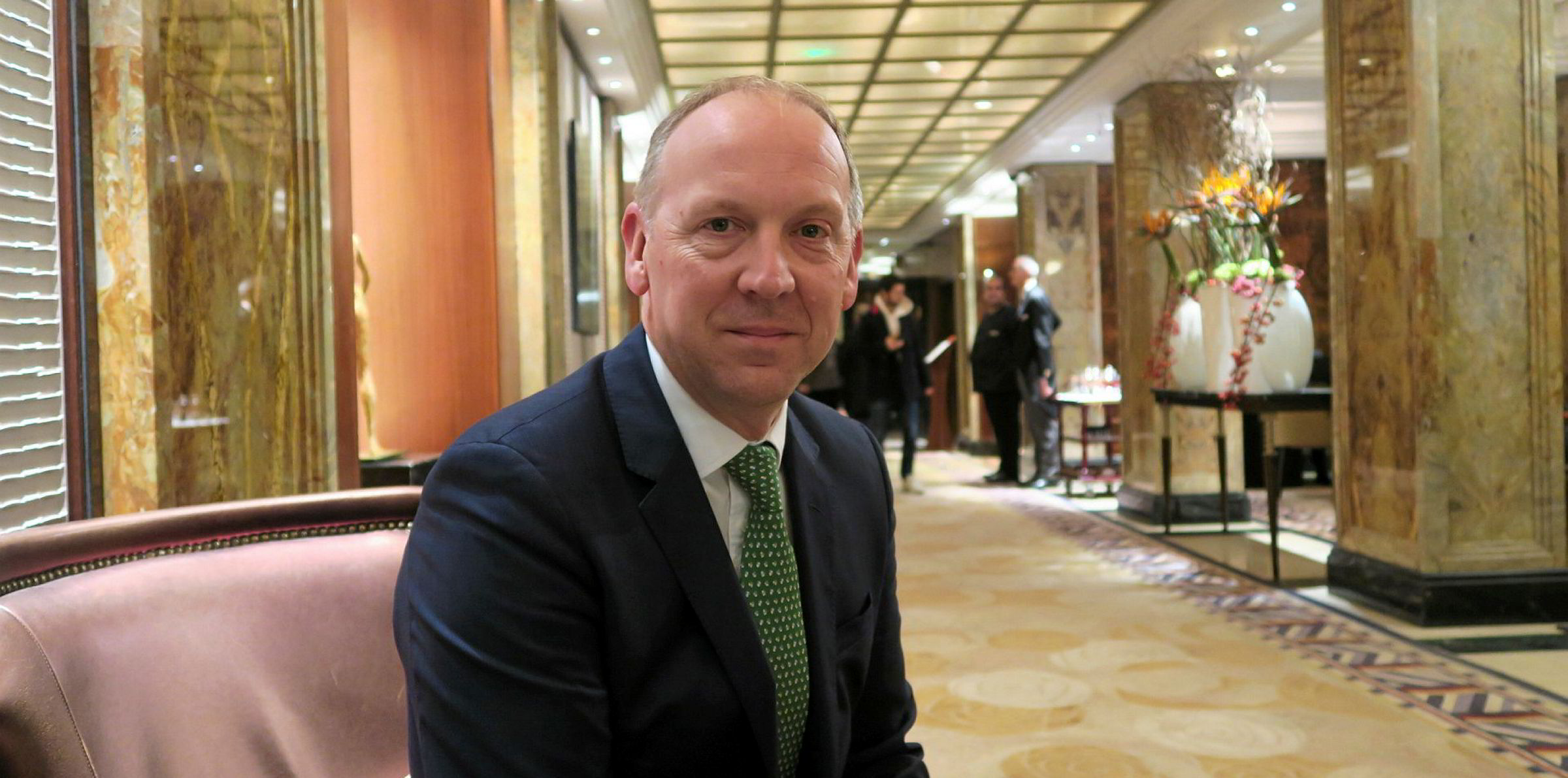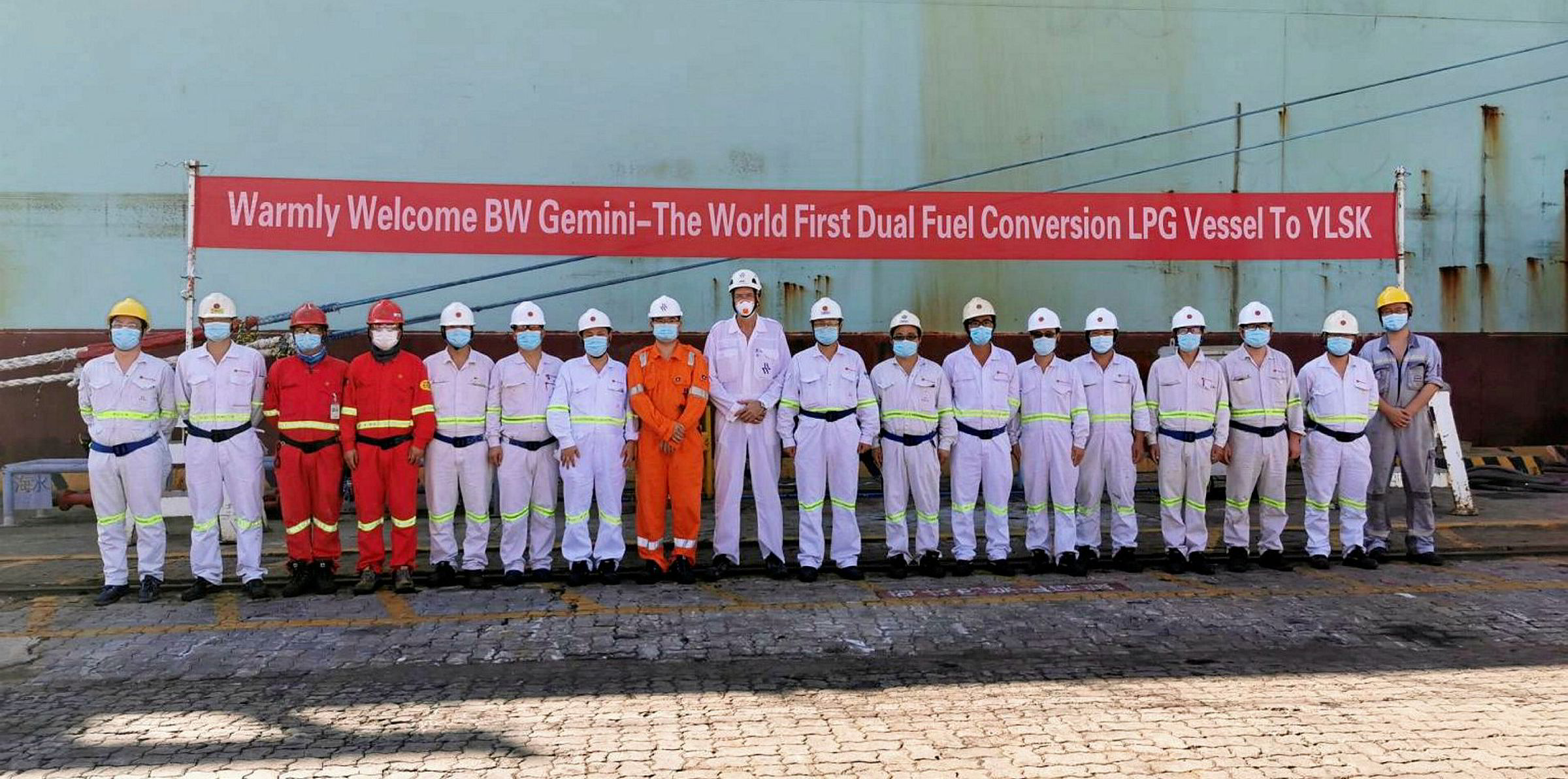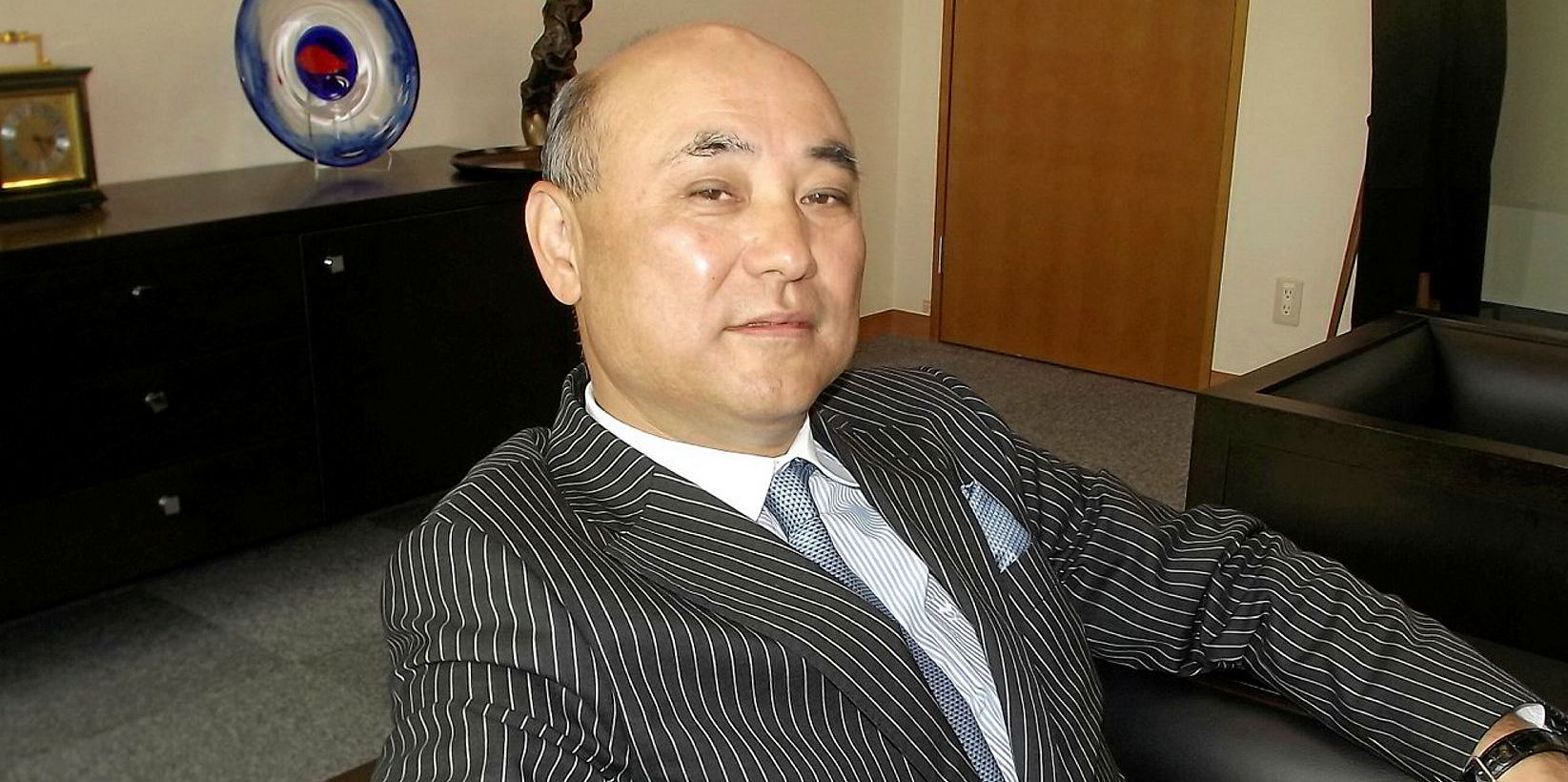Epic Gas is expecting negative effects from the Covid-19 pandemic to keep raising LPG carrier costs for the remainder of 2020.
The Singapore owner's CEO Charles Maltby said the impact of coronavirus is "dissipating the positive tailwinds" in the sector.
For the moment, the inability to perform crew transfers has lowered costs, the company said, but this, together with delays to spare parts and drydocking, and quarantine issues in some ports, will eventually see expenses rise.
These operating challenges are escalating, he added.
"Despite our strenuous efforts, we expect these challenges to remain with us for the rest of the year, and to lead to increasing opex costs," Maltby said.
"We fully endorse the work of international organisations and industry bodies to unlock the global log jam on safe crew transfers and are grateful to our seafarers for their forbearance."
Forward rates rise
The company has 51% of its fleet covered for the rest of 2020, at an average daily rate of $10,418, up 2.5% year on year.
Net profit in the second quarter was $4.5m, turning around a $1.6m loss in the same period of 2019, as its larger fleet expanded.
Revenue grew to $45.9m from $40.6m, while first-half profit was $6.9m, with the second quarter almost doubling the $2.3m earnings achieved in the first three months.
Epic said forecasts of more than 5% growth in global LPG seaborne trade for the year have now been revised down to 0.8% growth.
This is now lower than a forecast 1.5% growth in the pressurised fleet capacity for the balance of the year.
Momentum a problem
"We observe the increasing industrial activity in some economies, and our core customers in the residential LPG markets are in the most resilient sector of the LPG market," Maltby said.
"However this is likely not sufficient to continue the positive market momentum, especially for the smaller vessels."
The CEO added that the company remains "opportunistically focused" on the fine-tuning of its asset base and costs.
A modern 7,500-cbm vessel will join the fleet later this year, he said.
Norway's Norne Research said the company is well-positioned and has a "good liquidity position, with the next loan maturing only in 2023."
But it said the overall supply/demand balance for 2020 was no longer promising.
"After one pressurised LPG vessel was delivered in 2Q20 and there were no new orders, the low newbuild vessel supply growth is still anticipated to be delivered in 2020/21/22," Norne added.
"Five, nine and three newbuilds respectively represent a 1.5%/2.8%/0.8% increase in existing fleet capacity."
There is also a scrapping pool of 33 vessels aged 28 years and over, it said.





